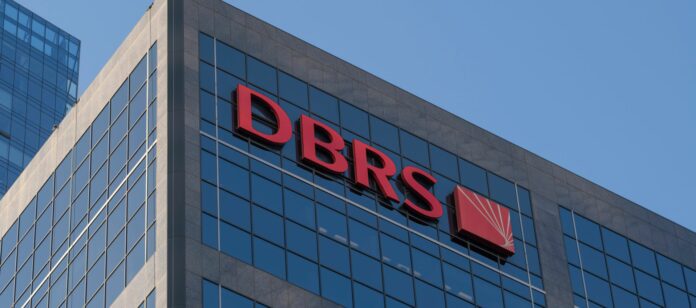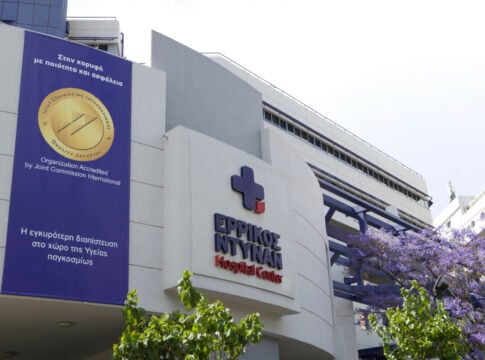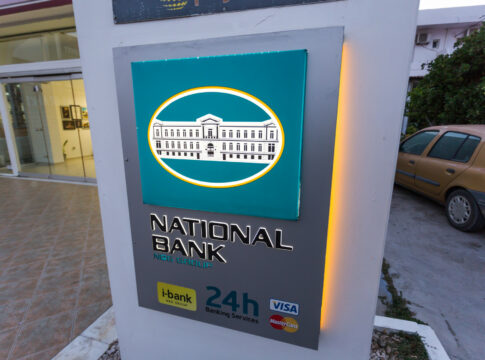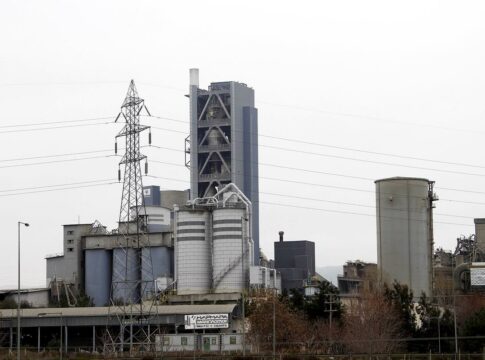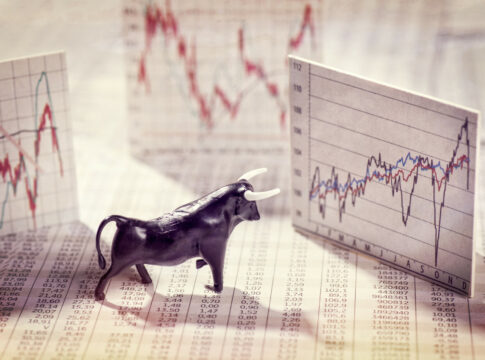Greece may have been declared “economy of the year” in 2023 by Economist and is expected to show the greatest improvement in business facilitation over the next 5 years, but challenges – internal and external – persist.
In an environment of persistent geopolitical tensions, with the eurozone trapped in stagnation and the era of cheap money over, there are many challenges. Spyridoula Tzima, vice-president of DBRS, responsible for the credit evaluations of countries, spoke to “Naftemporiki” about the developments.
External challenges
“The Greek economy is expected to grow at a rate of 2% in 2024, however, the external macroeconomic environment remains full of challenges. The Greek economy is supported by the investments financed through the Recovery and Resilience Facility (RRF).
The challenges for Greece are linked to the environment of very high interest rates, which pressures household income and affects business activity as well as the possible escalation of geopolitical tensions, which could lead to a rise in commodity prices,” Tzima replied to a question about the Greek economy’s prospects.
Climate risk
However, she highlighted another danger that has become increasingly threatening over the last years. It is the climate crisis, which has led to phenomena such as huge forest fires and catastrophic floods. “Events associated with extreme climate phenomena, similar to what we have seen in recent years, could increase fiscal costs,” she explained.
After all, data from meteo reveal that drought conditions prevail today in most of the eastern mainland of Greece, while the record high temperatures in the first quarter of 2024 are constantly being broken and rainfall is becoming scarce. As a result, experts have sounded the alarm over drought and water scarcity in the country.
The conditions for further upgrades
Greece has now regained investment grade, a fact that was also reflected in the performance of Greek bonds. Having come out of the “junk” category, where successive crises had placed it for 13 years, it now awaits with more optimism the verdicts of the rating agencies. But can it expect further upgrades?
The vice-president of DBRS explained to “Naftemporiki” that the commitment to structural reforms that boost investments, improve long-term growth prospects and narrow the investment gap between Greece and the
Eurozone could lead to a further upgrade of the country’s credit rating.
It also requires, as she stated, a firm commitment to fiscal responsibility, with the aim of permanently reducing the public debt.
“Despite the recent improvements, we must point out that the upgrades are delayed as a result of the long-term crisis and the rather high debt rate, the remarkable level of bad loans and the high rate of unemployment.
“Further improvements in these areas would limit weaknesses and strengthen Greece’s credit profile,” she concluded.



